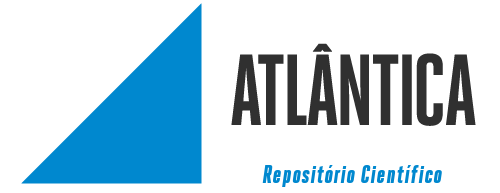Utilize este identificador para referenciar este registo:
http://hdl.handle.net/10884/480| Título: | Inhibition of P-glycoprotein activity by cucurbitane-type triterpenes and their interaction with doxorubicin on resistant cancer cells |
| Autores: | Ramalhete, Cátia Duarte, N Capucha, V Molnár, J Mulhovo, S Rosário, V Ferreira, MJU |
| Palavras-chave: | Triterpenes Cancer cells |
| Data: | 2009 |
| Citação: | 57th International Congress and Annual Meeting of the Society for Medicinal Plant Research and Natural Product Research |
| Resumo: | The overexpression of P- glycoprotein (P-gp) is one of the mechanisms of multidrug resistance (MDR), responsible for the failure of cancer treatment. One strategy to restore the effectiveness of the anti-cancer drugs is to co-administer compounds that are not toxic themselves, but inhibit these efflux pumps. These compounds have been called MDR inhibitors, MDR modulators, MDR reversal agents or chemosensitizers (Fig.1). In recent years, several compounds have been reported as MDR modulators, obtained either from natural origin or by synthesis. However, in spite of the great number of MDR inhibitors known, no effective modulator without side effects is still available for the clinical practice.1 The aim of this study was to search for new multidrug reversal agents from Momordica balsamina L. (Fig.2). In this way, three new cucurbitane-type triterpenoids (1-3), a known compound (4) and five new acylated derivatives (5-9) prepared through acylation reactions of compound 4, have been evaluated for their potential ability as MDR modulators (Fig.3). Furthermore, the antiproliferative effects of the anticancer drug doxorubicin and the most effective modulators, in combination, was also studied. |
| URI: | http://hdl.handle.net/10884/480 |
| Aparece nas colecções: | A CS/CN - Comunicações a Conferências |
Ficheiros deste registo:
| Ficheiro | Descrição | Tamanho | Formato | |
|---|---|---|---|---|
| 2009_geneve_Tayaab.pdf | 1.25 MB | Adobe PDF | Ver/Abrir |
Todos os registos no repositório estão protegidos por leis de copyright, com todos os direitos reservados.
